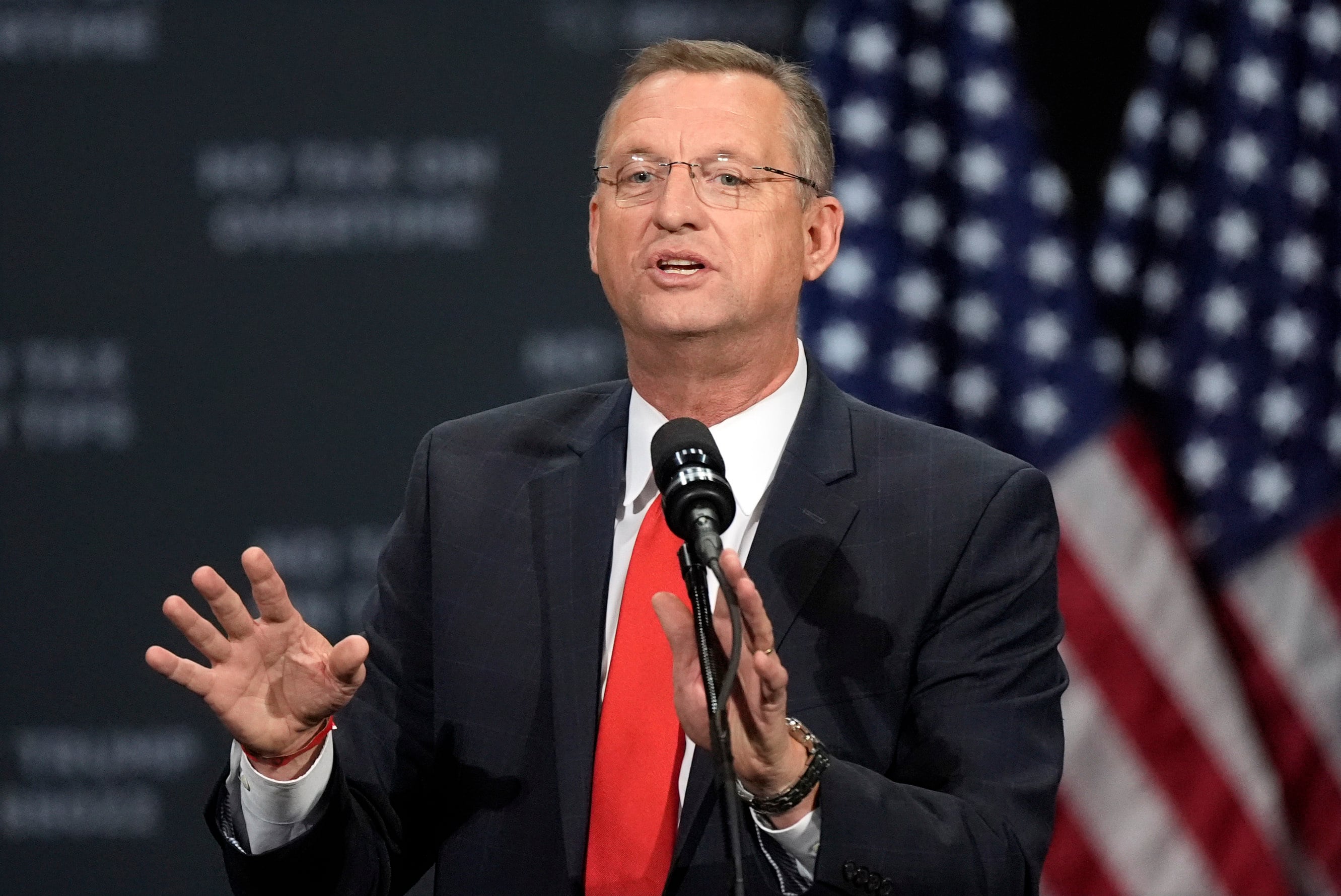Updated 3/26/20 at 10:58 AM: This story originally cited a NATO diplomat saying North Macedonia’s paperwork would be delivered in the next few days. After publication, the North Macedonian embassy confirmed that the paperwork should be delivered on Friday. This story has been updated to reflect the new information.
WASHINGTON — North Macedonia is expected to deliver paperwork to the U.S. State Department on Friday that will officially make it the 30th member of the NATO alliance.
The move — decades in the making — has been all but finished since Spain became the last nation to ratify the ascension effort last week. In a March 20 letter to North Macedonian Prime Minister Oliver Spasovski, NATO Secretary General Jens Stoltenberg officially invited the former Yugoslavian country to become the 30th member of the alliance.
But for the deal to be complete, North Macedonia must deliver its “instrument of accession” to the State Department; the North Macedonian embassy in Washington confirmed to Defense News that the paperwork will be delivered on Friday. A formal flag-raising ceremony is expected to follow at NATO headquarters in Brussels.
The NATO ascension could cap a busy week for North Macedonia, as the country on Tuesday also began the formal application process to join the European Union. In a statement in Brussels announcing the move, Spasovski said that “the EU General Affairs Council has agreed that our country should start accession negotiations with the EU as soon as possible. The verification of the success of our efforts has arrived.”
Jim Townsend, a former U.S. deputy assistant secretary of defense for European and NATO policy now with the Center for a New American Security think tank, is optimistic that North Macedonia will be allowed into the EU. However, he doesn’t see the country being a major player in the EU’s ongoing defense push, given the size of the nation.
Townsend also expressed his belief that North Macedonia is expanding the alliance at a time when the alliance must consider expanding its mission.
The Macedonians “are entering a NATO that cannot be the NATO all the other allies entered into,” Townsend said. “NATO needs to examine why they are not in the mix as the trans-Atlantic community grapples with a great security crisis: the coronavirus.
“While this crisis is not a military one that NATO planners would normally have planned for, given that NATO is the only place where the trans-Atlantic community meets together, at a minimum NATO should have been used as a place to coordinate a response.”
Macedonia's quest for NATO membership began in 1995, when the country joined the alliance's Partnership for Peace program. The formal membership path was initiated at the 1999 Washington Summit together with other former Soviet bloc members, notably the Baltic countries of Estonia, Latvia and Lithuania.
But the way forward for joining NATO was blocked for years by Greece, as part of a demand that Macedonia change or modify its name to avoid any claim to the territory and ancient heritage of the region in northern Greece named Macedonia — birthplace of ancient warrior and king Alexander the Great.
A 2018 agreement between the two nations led to Macedonia becoming North Macedonia, and Greece ended its objections to membership in the alliance.
The U.S. ratified North Macedonia’s NATO membership in October 2019.
Aaron Mehta was deputy editor and senior Pentagon correspondent for Defense News, covering policy, strategy and acquisition at the highest levels of the Defense Department and its international partners.





